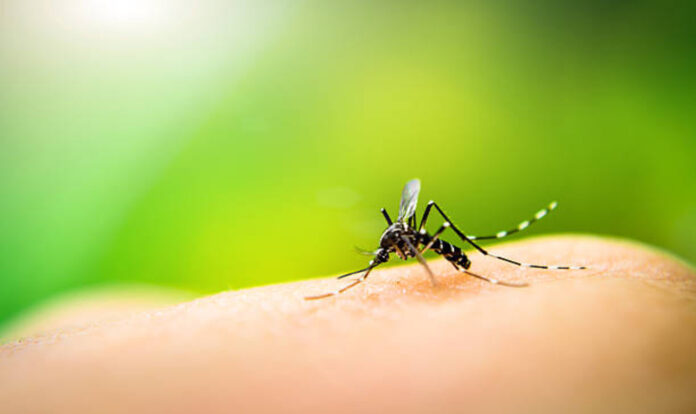In 2023, Bangladesh faces an alarming spike in dengue cases, with a record-breaking number of hospitalizations and fatalities due to the infection. On Sunday morning, the Directorate General of Health Services (DGHS) reported 2,292 dengue patients were hospitalized within 24 hours, marking the highest daily count this year. Tragically, nine additional deaths were recorded during the same period, raising the death toll from dengue to 176. The capital city, Dhaka, has been hit particularly hard, with 1,064 new patients being admitted to hospitals, while the rest sought treatment outside the city.
Currently, across Bangladesh, there are 7,175 individuals receiving treatment for dengue, with 4,149 cases concentrated in Dhaka alone, as reported by the Dhaka Tribune. Since the beginning of the year, the DGHS has documented a staggering total of 32,977 dengue cases, with 25,626 patients successfully recovering. The situation remains dire as the country faced a grim milestone in 2022, reporting a record 281 dengue-related deaths, surpassing the previous highest toll of 179 deaths in 2019.
Last year, the country saw 62,423 dengue cases and 61,971 recoveries, indicating the escalating severity of the outbreak. The month of July proved to be the worst, with a grim tally of 109 deaths and 20,465 positive cases reported in the past 21 days. This single month accounts for a significant portion of the total deaths since January 1, underscoring the urgency of the situation. Health authorities have been closely monitoring the outbreak, and the DGHS has been working relentlessly to combat the spread of the disease.
A breakdown of the data by month reveals a disturbing trend in 2023. In January, 566 dengue cases with six fatalities were detected, followed by 111 cases with zero deaths in February, 143 cases with two deaths in March, and 50 cases with two deaths in April. In May, the situation escalated with 1,036 cases and two deaths, while June witnessed a concerning 5,956 cases and 34 fatalities. Comparatively, last year’s figures were relatively lower, with 268 dengue-related deaths and 62,382 recorded cases. The data highlights the severity of the current outbreak and raises concerns among health experts who fear the situation may worsen in August and September.
These months are considered more conducive to the breeding of Aedes mosquitoes, which are the primary vectors for dengue transmission. As the nation battles the ongoing health crisis, authorities are implementing measures to control the spread of the disease. Public awareness campaigns and mosquito control efforts are being intensified to curtail the outbreak and prevent further loss of life. Vigilance remains crucial to combat this public health emergency effectively. In the face of adversity, Bangladesh continues its fight against dengue, mobilizing all available resources to protect the well-being of its citizens and mitigate the impact of this deadly disease outbreak.


